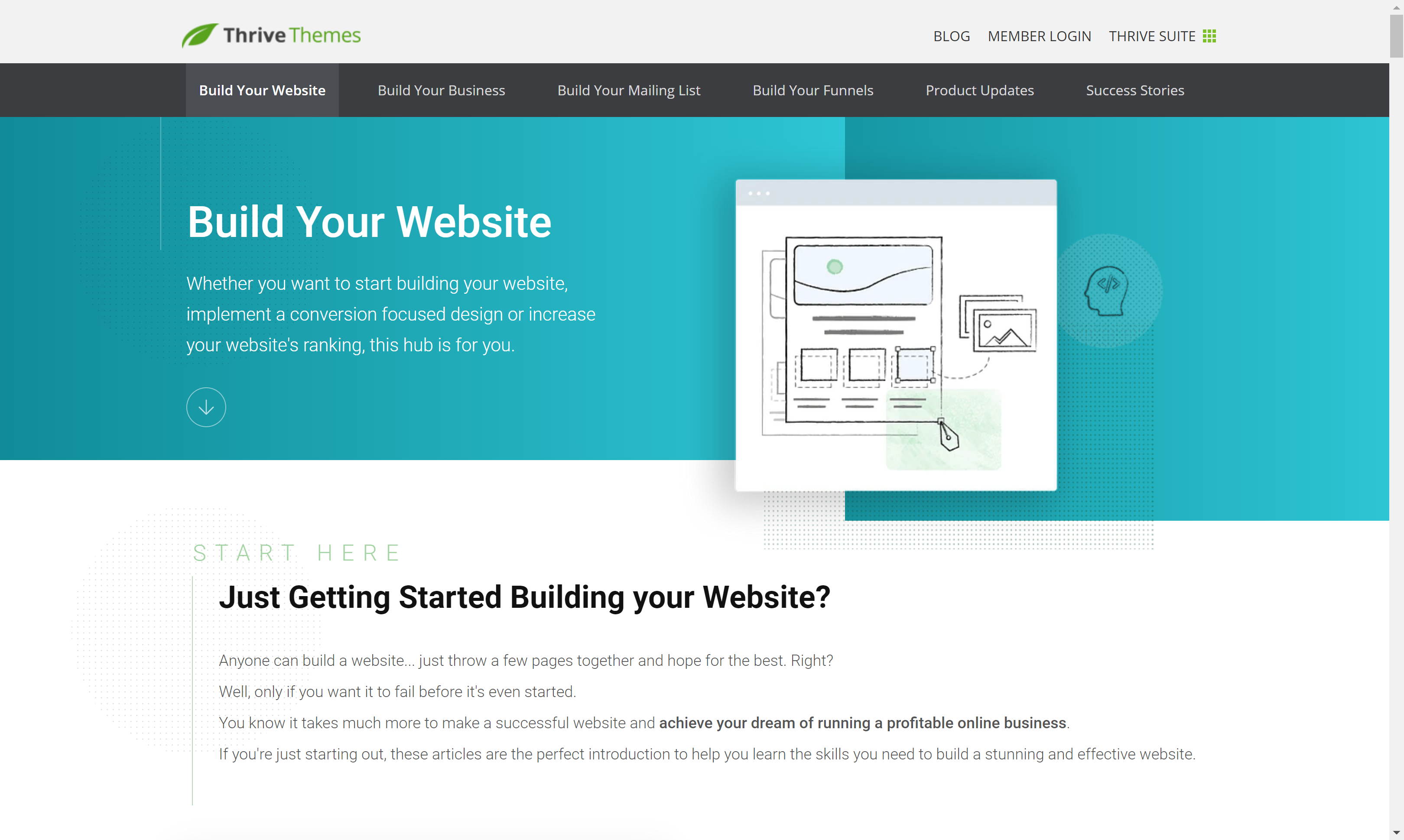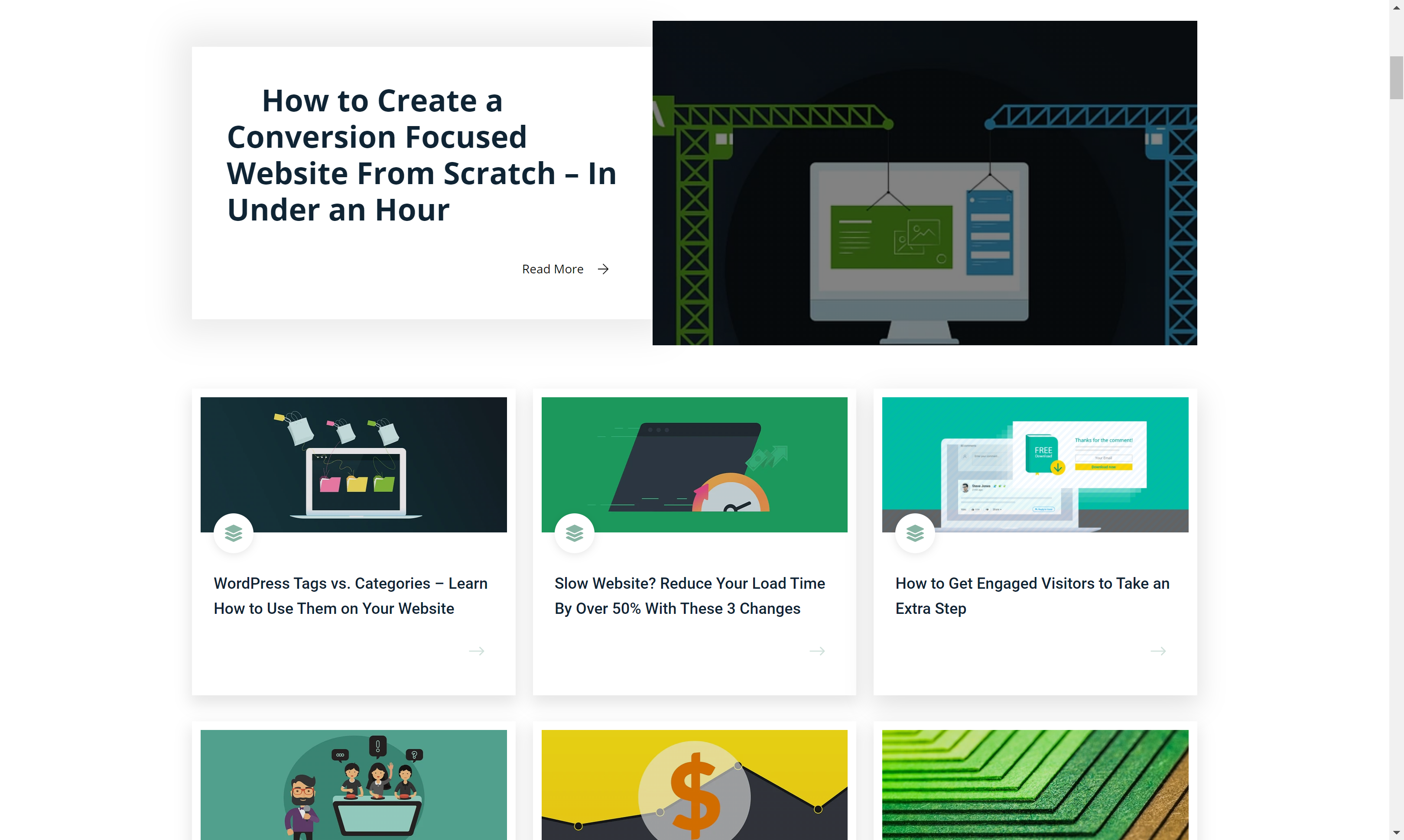Context Over Keywords: High-Ranking Content Demands More

 As marketers, we have heard the adage of content is king so often that we’ve lost count. We all know that content has an important place in any business’s marketing strategy.
As marketers, we have heard the adage of content is king so often that we’ve lost count. We all know that content has an important place in any business’s marketing strategy.
Some people consider content to be so important that they devote significant time and resources to producing blog articles several times a week — or at least several times each month.
There are endless resources extolling the value of choosing the right keywords and using those keywords correctly throughout the article. Search engine optimization has become a profession instead of just being a good idea.
Let’s look at why keywords became so important to so many people and why we think they shouldn’t be the primary factor in writing good content.
The Myth of Keywords
Just to be clear, we're not saying that keywords are not valuable. It is essential to consider the words that your target audience is likely to type into a search engine that should lead them to your article.
But it is essential to remember the keyboards are just that — words that someone would type into a search engine to get an answer to their question or learn something.
Many marketers utilize keyword research as a way to reverse engineer future customer intent.
What do we mean by that?
The real challenge with marketing is understanding your target audiences and what motivates them to take action. This is a complicated task when a marketing agency like ours steps into a company like yours and tries to get up to speed quickly.
We have many tools and processes that we use to help us understand who you are, what you do, and why someone would choose to do business with you. From there, we have to determine what happens for your customers long before they're willing to reach out to you and start a conversation.
- What are the questions that they are asking?
- What are the problems they are trying to solve?
- How do they define their problems before they even know that there are problems?
- What are they trying to learn when they are attempting to do something themselves?
The simple truth is that if you understand your target audience and what's going on in their lives long before they contact you, you don't need keyword research to tell you what to write about.
So, Why is Everyone Doing Keyword Research?
There is a straightforward reason why so many agencies and marketers still rely on keyword research as a fundamental component of determining what to write about.
Keyword research is systematic and methodical. It gives agencies like ours a consistent way to work with companies like yours and uncover areas where you can achieve search rank. Using tools that help us identify search volume and ranking difficulty, we can make better predictions around what topics are likely to result in the most organic traffic.
We can also look at search trends and patterns to identify your target audience’s language when describing things related to your products or services.
Why is Keyword Research Bad?
Keyword research does have value. However, merely identifying the "low-hanging fruit" keywords is not always the best solution.
Doing keyword research becomes insufficient when it replaces due diligence.
Instead of just focusing on finding easy keywords, a good marketing agency will take the time to understand you and what you do. They will research your target market in the language that they use.
Instead of planning out blog topics based on keyword research, they can plan out topics that address the questions your audience is asking.
After you have the best idea of what information your target market wants, you can do keyword research to identify the best phrases to connect your target with your content.
Debunking 3 Other Ranking Myths
Keyword research isn't the only factor in how well an article will rank in a search engine. There are many other components that successful marketers consider when making decisions about various aspects of your content.
Let’s take a deep dive into some of the top ones.
1. Content Length
One of the top questions that we get asked when it comes to content is how long it should be. Some experts will tell you that long content ranks better. They will push you to build lengthy pillar content pieces that become ultimate resources on the topic, while other experts will point out studies showing that shorter content performs better.
Like most things, the truth depends on expectation and intent.
For example, if I search for something like “Is a potato a vegetable?” the top result is only 527 words — which is pretty short for a blog article. Search intent matters. In this case, with a simple question, we would expect a “yes or no” answer and a short explanation for why a potato is a vegetable.
This is precisely what the top article delivered.
On the other hand, when you search “the history of the potato,” the first result after Wikipedia is 4,031 words. Our expectation for a broader search phrase like this is different. We would expect to have a longer article to cover the entire history of something.
Google does a reasonably good job of determining search intent, and they are getting better with every algorithm update. It’s more important to consider the search’s objective to determine content length rather than choosing an arbitrary number of words.
Expert Tip: If you aren’t sure how long an article should be, type your keyword into Google and look at the first ten results. Use the first page of the search results to research what Google expects to address that search phrase and apply what you learn to your content.
2. List Posts
You have probably seen quite a few articles structured as lists. Lists are popular types of articles for people to write and numerous experts agree that listicles (list articles) outperform their non-list counterparts.
Most of the top marketing, messaging, and social companies use listicles in their blogging efforts.
- 15 Blog KPIs You Should Already Be Tracking — HubSpot
- 11 Facebook Metrics Every Brand Needs to Track — Sprout Social
- 4 Benefits of Custom HubSpot Training — Xcellimark
- 19 Advanced SEO Techniques to Double Your Search Traffic — Neil Patel
- 17 Untapped Ways to Find New Content Ideas — Brian Dean, Backlinko
- Accomplish More in Less Time With These 6 Tips — Ryan Crozier, Boonco
List articles may perform well most of the time, but again, it’s important to consider search intent. Is a list-style post comprised of steps or items what someone would expect to see when they search?
Let’s look at a few examples.
- If you search “productivity apps,” 7 of the top 10 results are list posts with numbers ranging from 9 to 40 plus.
- If you search “how to be productive,” 10 out of the top 10 results are list posts with numbers ranging from 3 to 22 tips or habits.
- If you search “what is productivity in business,” only 2 of the top 10 results are list posts with numbers ranging from 3 to 8 ways to increase productivity.
It’s easy to see how doing a quick search on Google can provide you with the information you need to determine if a list post is the best option to address the search phrase.
3. Topic Clusters
You have probably heard about the blogging strategy that involves using topic clusters. Topic clusters are a group of related blog articles that are linked together.
Video: https://youtu.be/xOGxyw9DSa8
This is a strategy that works. However, many people write content and throw it into any category without a greater plan for how to organize that content.
Others create a 10x content pillar page — basically a long blog article — and then develop a series of offshoot articles related to it. There might be anywhere from 5 to 20 articles that are part of this topic cluster.
For example, HubSpot has a 10x pillar on Instagram Marketing, and it has:
- 9,415 Words
- 126 Links — 22 Internal Links and 104 External Links
- 9-minute video
This can be a good strategy, but you must consider the content collection’s overall value.
If you plan that group of content ahead of time, so it’s all related and helpful to someone, then it can work great. If you simply take the articles you have that are sort-of related to the pillar topic and link them to it just to create a cluster, then that’s not likely to perform well.
Think of it this way — a topic cluster should be a place where someone can keep going and read a lot of related information to learn something in greater detail.
Here’s an example of a different type of cluster and pillar — a resource pillar or silo page.
There are a couple of key things you should notice about this page.
- The other resource pillar pages are listed at the top. All of their content is grouped into six main topics or categories. In our experience, most companies will have between 3 and 7 main topics.
- This resource page is organized to provide context around the articles that are listed. There is an introduction to the topic. All of the content is grouped into related sections like Start Here, Content Marketing, Website Design, Search Engine Optimization, and Website Reviews. All of these sections make sense within the topic of Building a Website.

 You shouldn’t merely group content together to build interlinked content for SEO. The topic cluster should have a purpose for a reader as well.
You shouldn’t merely group content together to build interlinked content for SEO. The topic cluster should have a purpose for a reader as well.
It should be easy for your audience to navigate through the cluster and read the relevant information. If the reader can navigate easily, a search engine bot can also find and index your content cluster easily.
Get Help from an Expert
Planning and executing effective content marketing strategies can be tricky. There's a lot to learn, and it's easy to waste a lot of effort on content that isn't likely to help grow your search traffic or move a reader through to taking action.
You could keep trying to figure all of this out on your own, or you could just ask our experts.








